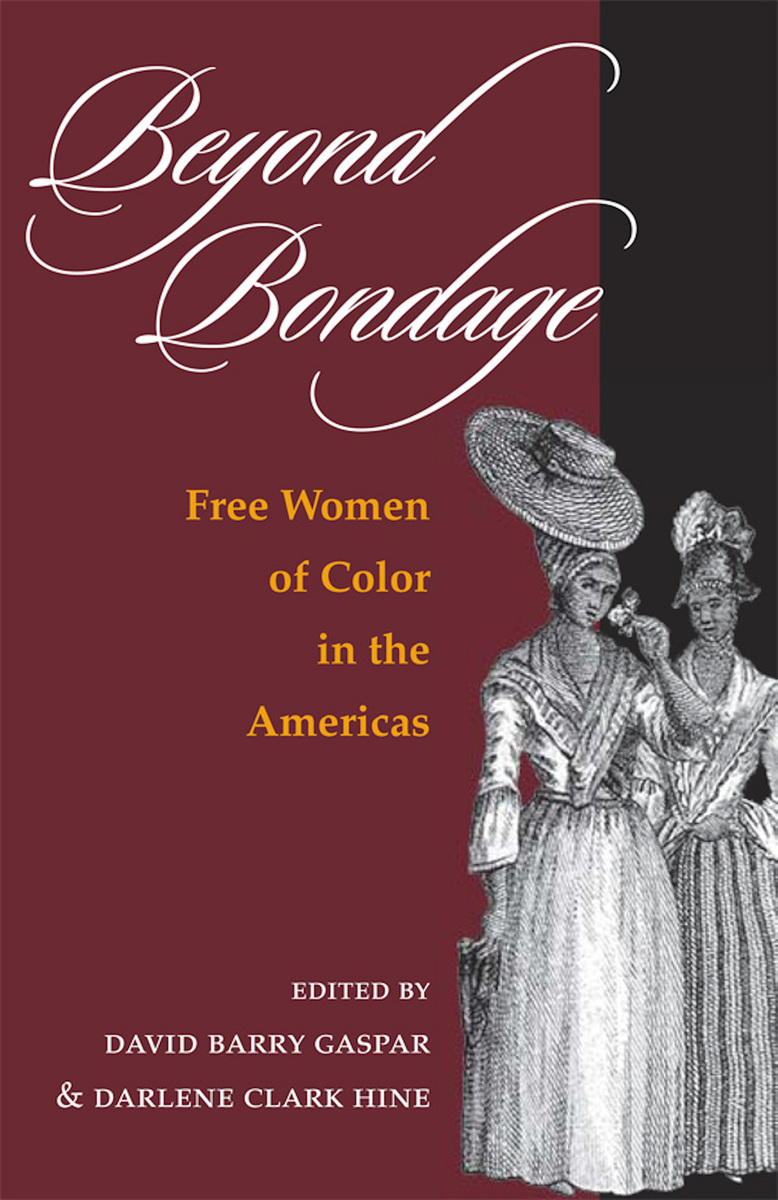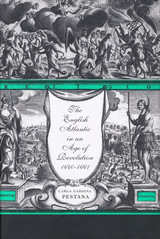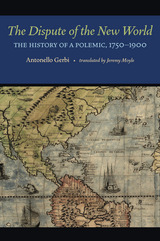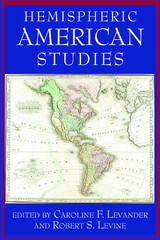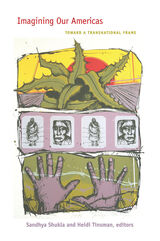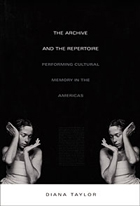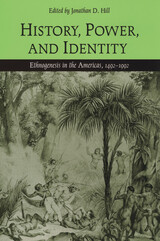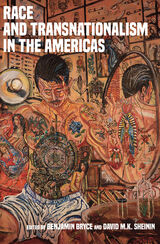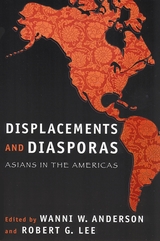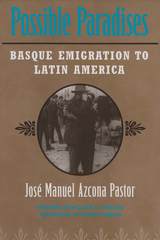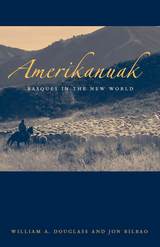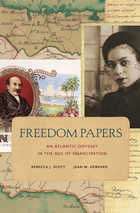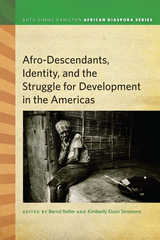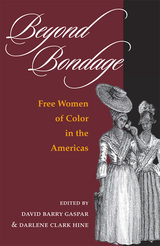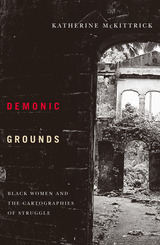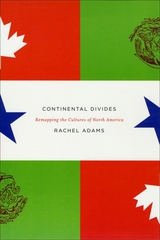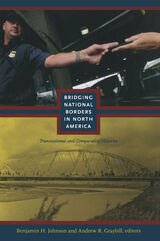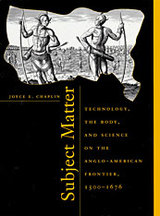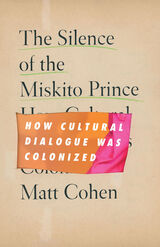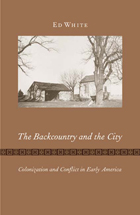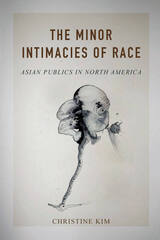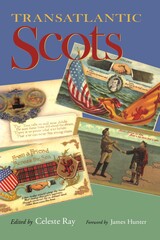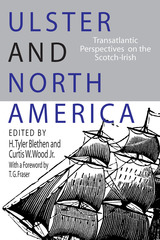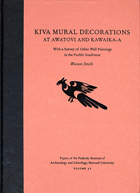Beyond Bondage: Free Women of Color in the Americas
University of Illinois Press, 2004
Paper: 978-0-252-07194-2 | Cloth: 978-0-252-02939-4 | eISBN: 978-0-252-09136-0
Library of Congress Classification E29.N3B49 2004
Dewey Decimal Classification 305.4889607309
Paper: 978-0-252-07194-2 | Cloth: 978-0-252-02939-4 | eISBN: 978-0-252-09136-0
Library of Congress Classification E29.N3B49 2004
Dewey Decimal Classification 305.4889607309
ABOUT THIS BOOK | AUTHOR BIOGRAPHY | REVIEWS | TOC
ABOUT THIS BOOK
Emancipation, manumission, and complex legalities surrounding slavery led to a number of women of color achieving a measure of freedom and prosperity from the 1600s through the 1800s. These black women held property in places like Suriname and New Orleans, headed households in Brazil, enjoyed religious freedom in Peru, and created new selves and new lives across the Caribbean. Beyond Bondage outlines the restricted spheres within which free women of color, by virtue of gender and racial restrictions, carved out many kinds of existences. Although their freedom--represented by respectability, opportunity, and the acquisition of property--always remained precarious, the essayists support the surprising conclusion that women of color often sought and obtained these advantages more successfully than their male counterparts.
See other books on: Americas | Color | Free blacks | Hine, Darlene Clark | Women, Black
See other titles from University of Illinois Press
